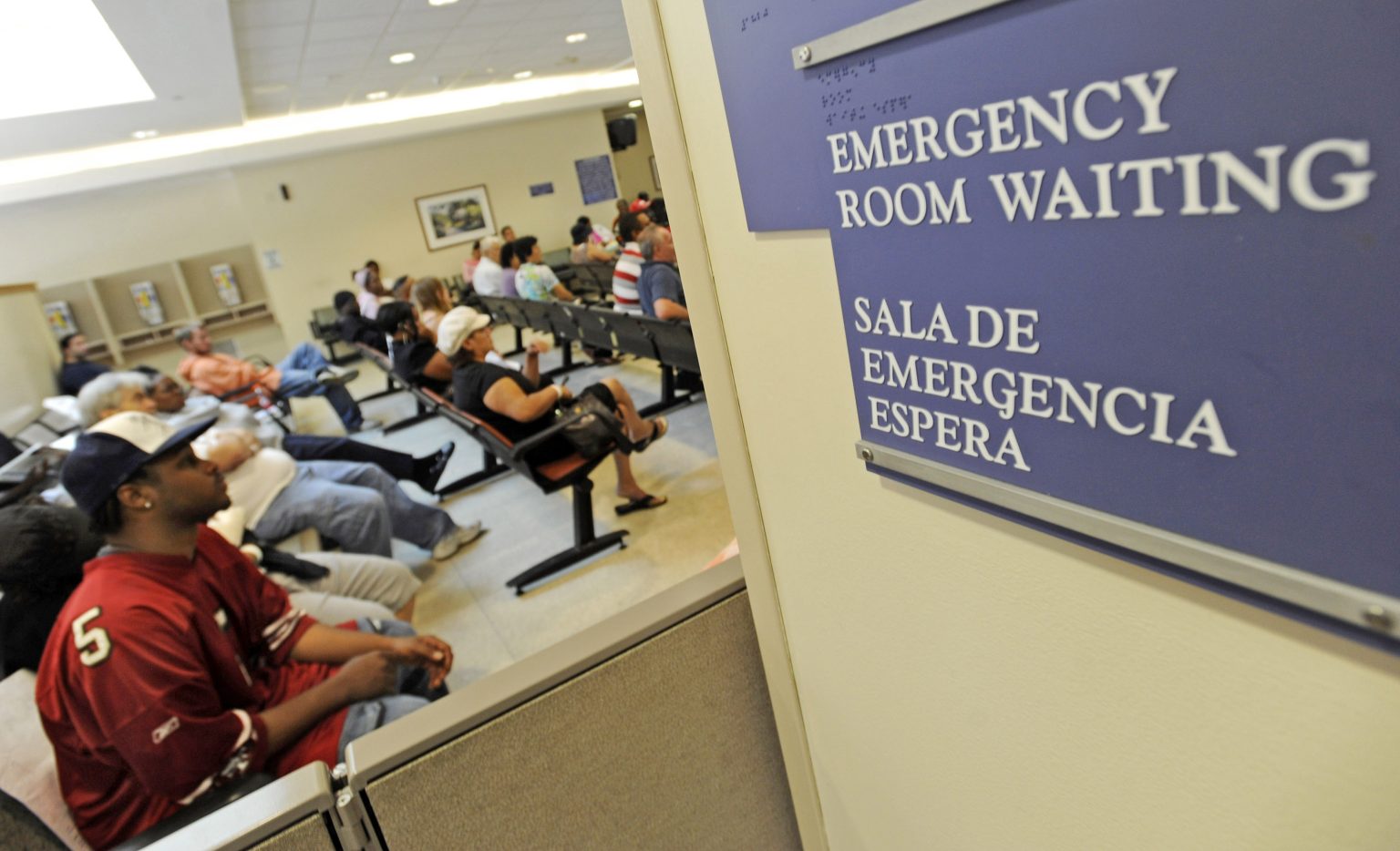Health care data is diverse, encompassing a wide range of information from medical records to lifestyle choices. However, this data is often fragmented across different systems, making it challenging to access a unified view of a patient’s health history. Some health care providers are capitalizing on patients’ de-identified data, selling it for profit and sidelining the patients themselves. This situation raises concerns about the ethics and direction of the future of health care.
Hospitals generate a vast amount of data annually, but the majority of it goes unused. The ownership of health care data is complicated, with patients having limited control over their information. A vision for patient-controlled data envisions a scenario where individuals have ownership of their health information. This would allow for personalized health decisions and treatments tailored to each person’s unique needs. Patient empowerment can lead to improved continuity of care and treatment outcomes.
Recent developments have shown a shift toward patient empowerment in the health care industry. One example is a feature in electronic health record software that allows patients to share their data with apps of their choosing. National database efforts aim to incentivize and monetize the sharing of patient data, creating a collaborative environment between patients, health care providers, and researchers. Policy initiatives and regulatory frameworks play a crucial role in promoting patient agency in data ownership and fostering a patient-centric approach.
Patient data ownership is often ambiguous, with insurers, hospitals, and other health care entities laying claim to the data. Patients’ inherent rights to their health information are sometimes overlooked. Clear policies and frameworks are needed to ensure that patients have the ultimate authority over their data and can decide how it is used, shared, and monetized. Technologies like blockchain and AI-driven analytics can support this movement by ensuring data security and privacy.
Achieving greater patient control over health care data will require collaborative efforts from various stakeholders. Empowering patients with ownership of their data can lead to more personalized, effective, and coordinated care. The future of health care depends on granting patients greater control and transparency in managing their health data, ultimately leading to improved health care delivery and outcomes. By embracing patient data ownership, we can create a more responsive, efficient, and patient-centered health care system.


